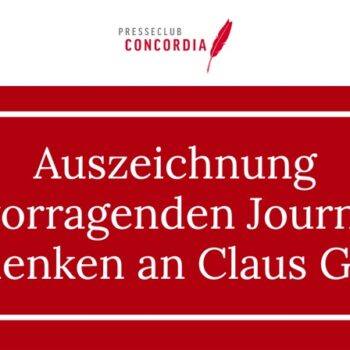„Student Protests in Serbia: Impact, Challenges and Perspectives. Professors and students provide firsthand accounts“
European Contexts panel
16 June 2025, 9.30-11.30 CEST
Erste Stiftung, fjum, Presseclub Concordia
Registration is mandatory. Deadline: Sunday, 15 June 2025 at 12:00 CEST
In-Person attendance: REGISTER HERE
Zoom participation: REGISTER HERE
Background
Student protests emerged in Serbia after a train station canopy collapsed in Novi Sad, on November 1, 2024. Fourteen bystanders were killed at the spot, and two persons died of injuries later. Students demanded responsibility and have expanded their demands to include respect for the rule of law and proper functioning of public institutions.
By 2025, their movement was transformed into the student and civic protests. Their method consists of targeted blocking of streets, roads and institutions, including universities. They do not identify with political parties and have managed to bridge political, cultural, and ethnic divisions. The spread of the movement led to the March rally in Belgrade that gathered an unprecedented 300,000 persons. Currently, they demand early parliamentary elections.
What can be expected from the biggest student movement in Europe since 1968?
Speakers and Format
Luka Opruc, second year student of Communication and PR, Faculty of Philosophy, University of Novi Sad and an active protest participant since November 2024.
Ivona Markovic, second-year student, Faculty of Political Science, University of Belgrade. Protest participant since December 2024.
Slobodan G. Markovich is a full professor of Political and Cultural Anthropology and Political History of Southeast Europe at the Faculty of Political Science, University of Belgrade, and the Institute of European Studies. He has been doing field research on student protests.
Jelena Kleut is an associate professor at the Department of Media studies, Faculty of Philosophy, University of Novi Sad. Her research interests involve media texts and audiences with the focus on political communication and digital environment. She has been an active supporter of protests.
Format
Moderated conversation followed by Q&A.
Moderator
Mirjana Tomic, fjum/Presseclub Concordia


